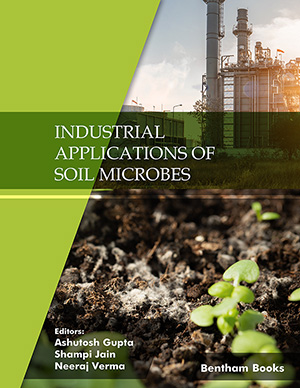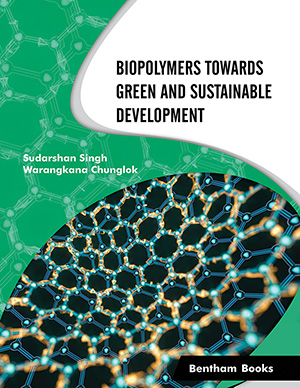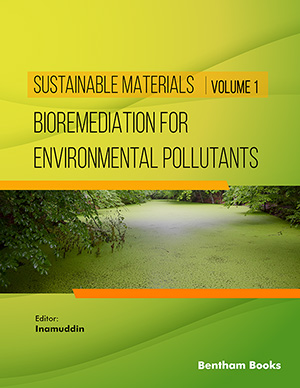Abstract
Clustered Regularly Interspaced Short Palindromic Repeats, abbreviated as
CRISPR, is a genome-editing technology that permits the creation of precise knock-out
mutants by aiding the modification of gene sequences devoid of the steps involving the
insertion of foreign DNA into pathogenic microorganisms. The microorganisms are
ubiquitous in nature and harbor in the complex ecosystem of the human being. Cas
(acronym for CRISPR-associated) genes are present in many microbial genomes. The
variable nature of the microbial genome has been utilized as an integral typing tool in
epidemiologic, diagnostic, and evolutionary analyses of the prokaryotic species. The
past decade has seen an accumulating growth in the development of gene-editing tools
utilizing the CRISPR-Cas system, which essentially is a part of the prokaryotic immune
system. The development of these unique gene-editing techniques has empowered
researchers to alter and investigate organisms with ease and efficiency as never before.
This editing tool can efficiently be programmed and delivered into the bacterial
populations to explicitly eliminate members of a targeted micro biome. Manipulation
of the gene expression and regulation of the synthesis of metabolites and proteins can
be achieved by utilizing an engineered CRISPR-Cas system. Put together, these tools
present with the exhilarating opportunity to explore the complex interaction between
the individual species of the microbiome and the host organism and thereby reveal
novel avenues for the generation of drugs to selectively target the microbiome.
CRISPR-Cas technology has been employed to cope with antibiotic resistance in
intracellular and extracellular pathogens. The widespread use of antibiotics and the
escalation of multidrug-resistant (MDR) bacteria boost the prospect of a post-antibiotic
era, which emphasizes the need for novel strategies to target MDR pathogens. The
development of permissive synthetic biology techniques offers favorable solutions to
carry through safe and efficient antibacterial therapies.
Keywords: CRISPR-Cas, Epigenetic regulation, Genome engineering, Knock-out and -in genes, Synthetic biology.






















